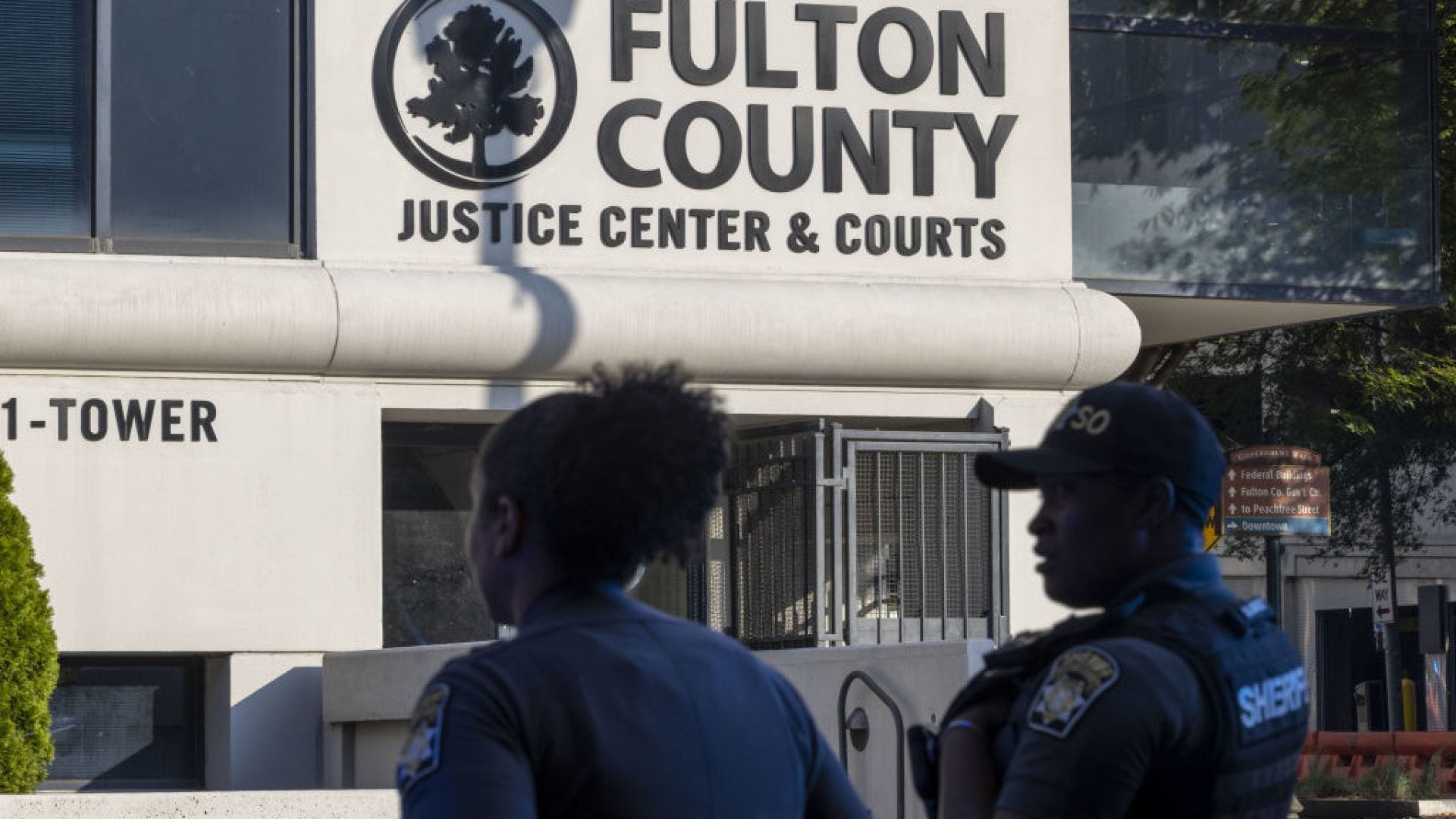
“[T]he grand jurors who voted this week to indict former President Donald J. Trump and 18 others, accusing them of conspiring to overturn Georgia’s 2020 election results,” are now facing online threats.
The Fulton County Sheriff’s Office released a statement on Thursday about the threats.
“As the lead agency, our investigators are working closely with local, state, and federal law enforcement agencies to track down the origin of threats in Fulton County and other jurisdictions,” the statement reads.
“We take this matter very seriously and are coordinating with our law enforcement partners to respond quickly to any credible threat and to ensure the safety of those individuals who carried out their civic duty,” the sheriff’s office statement continued.
How did this happen? Even though the system is somewhat shrouded in secrecy, a grand jury will always be convened in a federal criminal investigation, as is the case with Trump and his co-conspirators. Their job: “evaluate a prosecutor’s evidence and decide whether it supports indicting, or formally charging, someone accused of a crime.”
What makes Georgia different is the state’s requirement, which is “an outlier among federal and state court systems,” that the names of each juror be explicitly listed out in the indictment, even though the proceedings are “secret.” In this case, their names can be seen relatively early on when reading the 41-count indictment which spans 98-pages.
As a consequence of their names being a part of the public record, “[n]ow some of those jurors have had their faces, social media profiles and possible addresses and phone numbers shared on internet sites, in some cases with the suggestion that they should be harassed.”
On Facebook one user wrote, “I thought it only fair to share a few names from that grand jury,” also posting the phone numbers and addresses of several jurors, adding “I will continue to post the other jurors as I find them.”
On the social media platform founded by Trump, Truth Social, a plethora of users were posting and reposting the jurors’ names, with one user even “urg[ing] others to make them ‘infamous’ and to ‘make sure they can’t walk down the street.’”
An FBI spokesperson also revealed that the FBI has gotten involved and is “investigating threats against Fulton County officials.” Tony Thomas, a spokesperson for FBI Atlanta said, “FBI Atlanta is aware of threats of violence against Fulton County officials and is working with the Fulton County Sheriff’s Office…Individuals found responsible for making threats in violation of state and/or federal laws will be prosecuted.”
The American Bar Association has condemned these actions, stating “The civic-minded members of the Georgia grand jury performed their duty to support our democracy…It is unconscionable that their lives should be upended and safety threatened for being good citizens.”
Georgia residents aren’t the only recipients of threats related to Trump’s legal cases. A Texas woman has already been charged after she called U.S. District Judge Tanya Chutkan, who is Black and Asian, and threatened to kill her on August 5. Chutkan is the judge charged with overseeing Trump’s federal case in Washington.